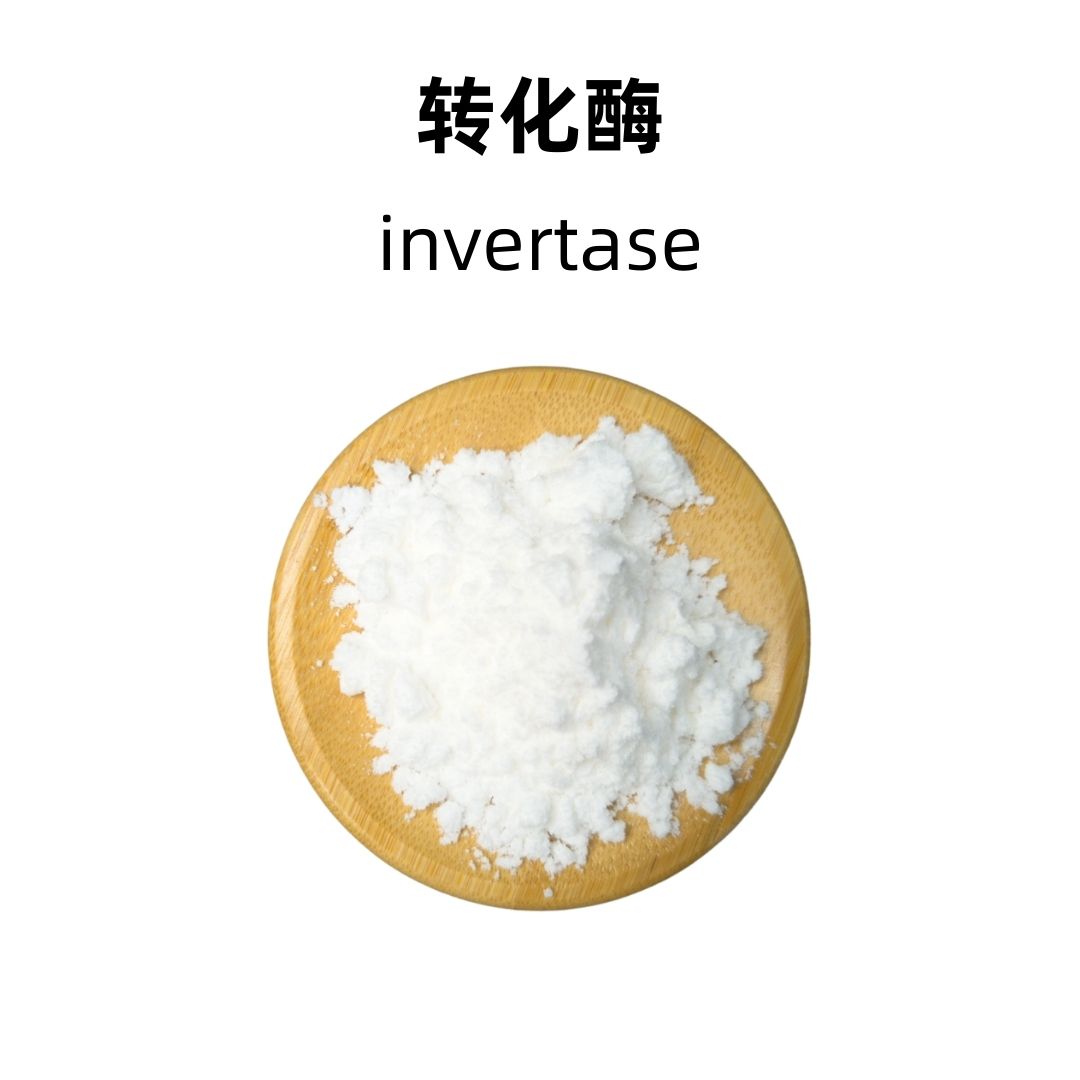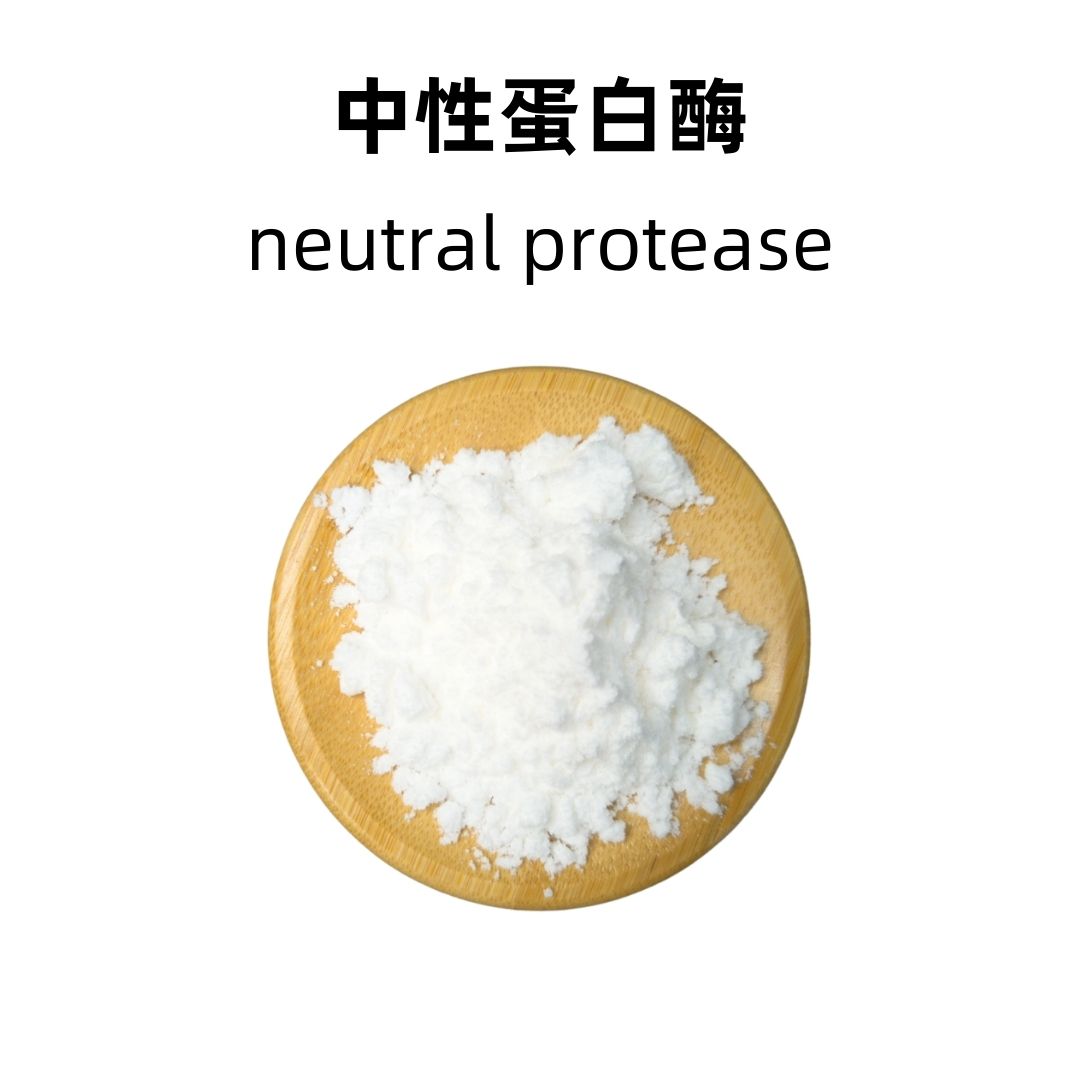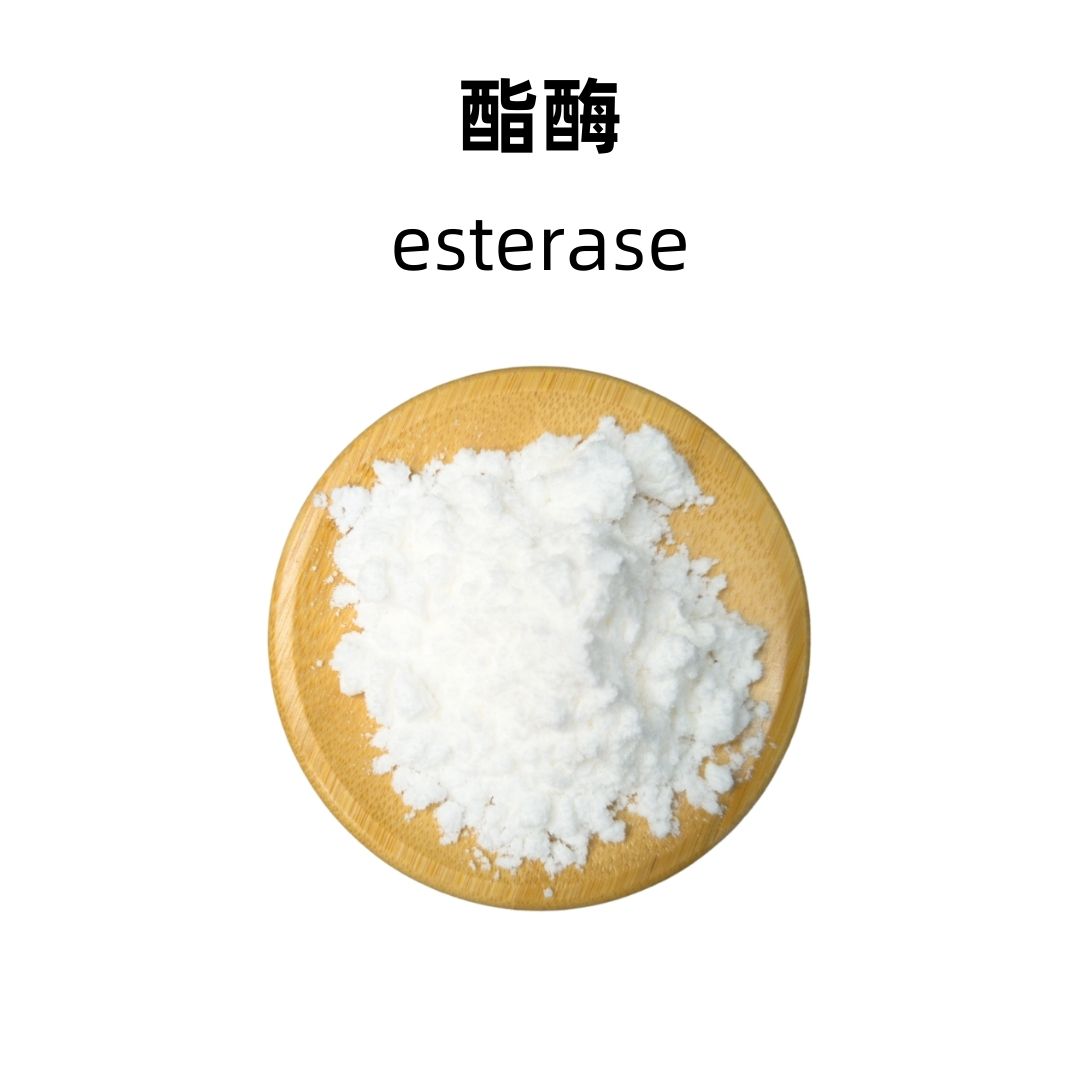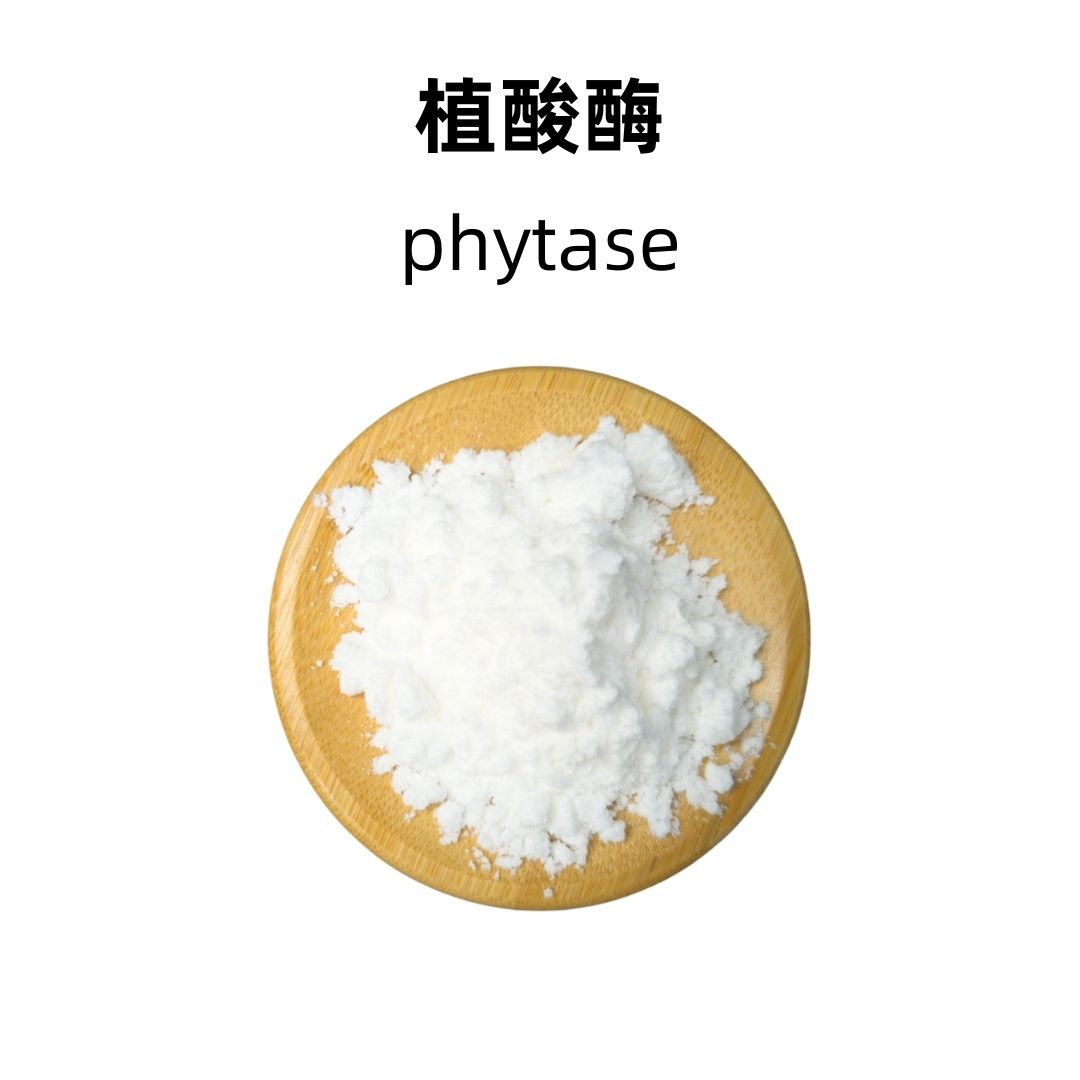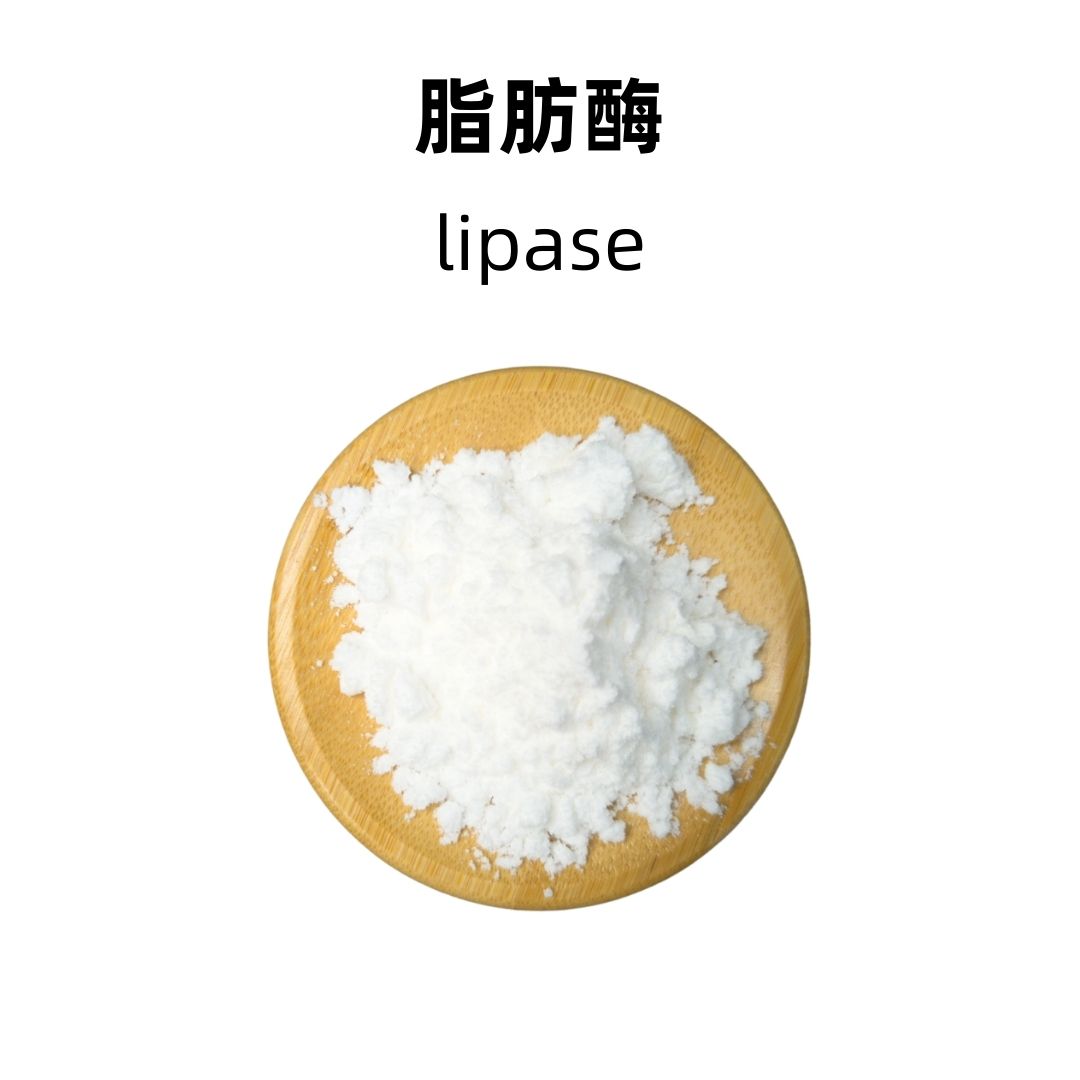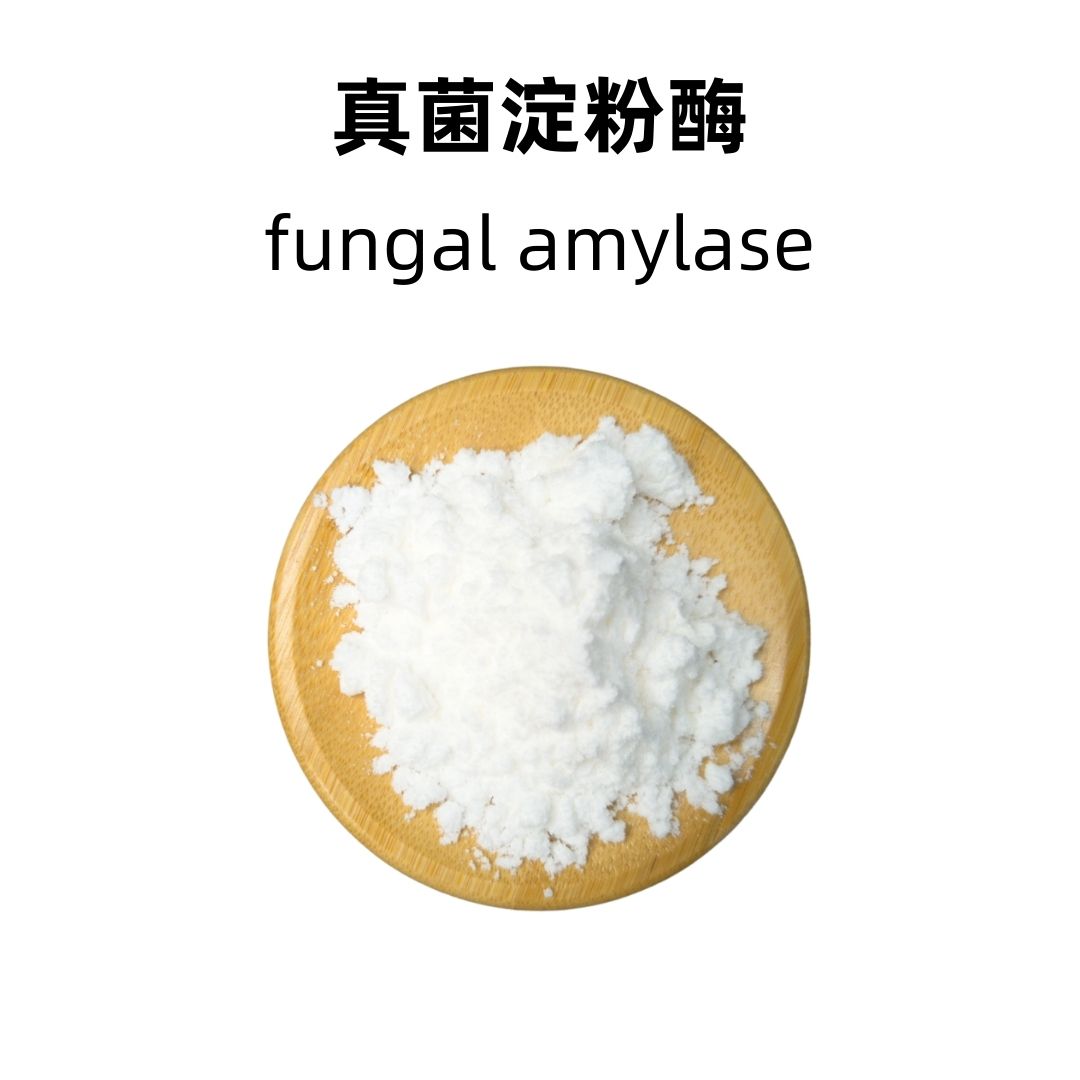Product Introduction
Meat tenderizer is a food additive that makes tough cuts of meat softer and easier to chew. It usually contains proteolytic enzymes that break down proteins, making dinner preparation more efficient.
Production Process
The production of meat tenderizer involves extracting protease enzymes from natural sources, such as papaya or pineapple. The enzymes are purified and dried, then milled to the desired particle size. This ensures the product can effectively penetrate the meat tissue during application.
Effects and Functions
The primary function of meat tenderizer is to hydrolyze muscle fibers, which results in decreased toughness. It can also enhance the absorption of marinades and seasonings, leading to better flavor penetration. Additionally, it may reduce cooking time, allowing for quicker meal preparation.
Application Scenarios
Meat tenderizer is commonly used in both home kitchens and commercial establishments. It is effective on various types of meat, including beef, pork, and poultry. Cooks often apply it before marinating or cooking to ensure a tender result, making it especially useful for grilling and slow-cooking methods.
Packaging and Storage
Storage Conditions: The product should be sealed, protected from light, kept away from high temperatures, and stored in a dry, cool, and well-ventilated place.
Packaging: Bulk: 25 kg per fiber drum. Sample: 1 kg per aluminum foil bag. Custom packaging is available upon request.
Shipping Methods: FedEx, DHL, dedicated logistics, and sea freight consolidation.
Shelf Life: Two years.
Monica Sun possesses extensive technical expertise and market insights in the food additives industry. She excels in designing efficient and safe additive formulations tailored to various food applications, ranging from sweeteners to functional dietary fibers. Monica has successfully assisted food manufacturers in optimizing ingredient combinations to enhance product quality and improve consumer satisfaction.









